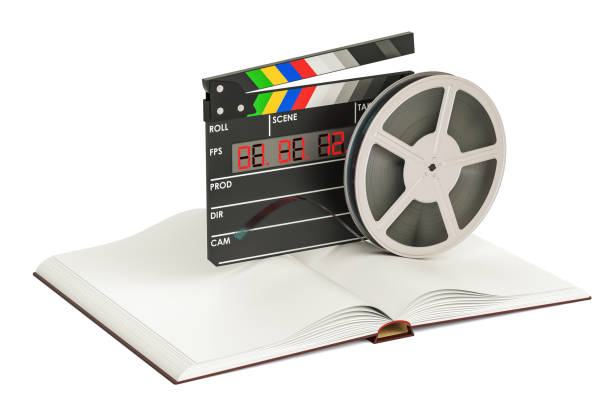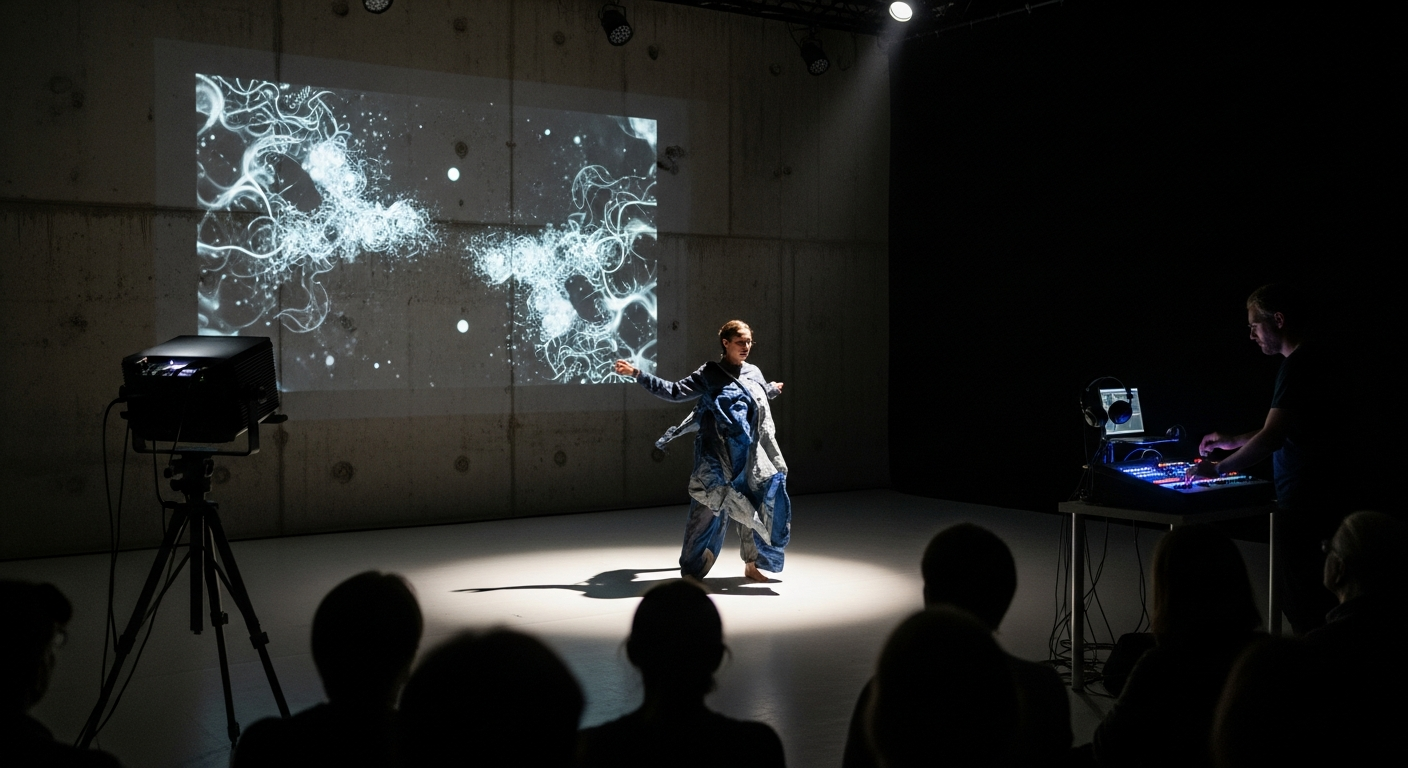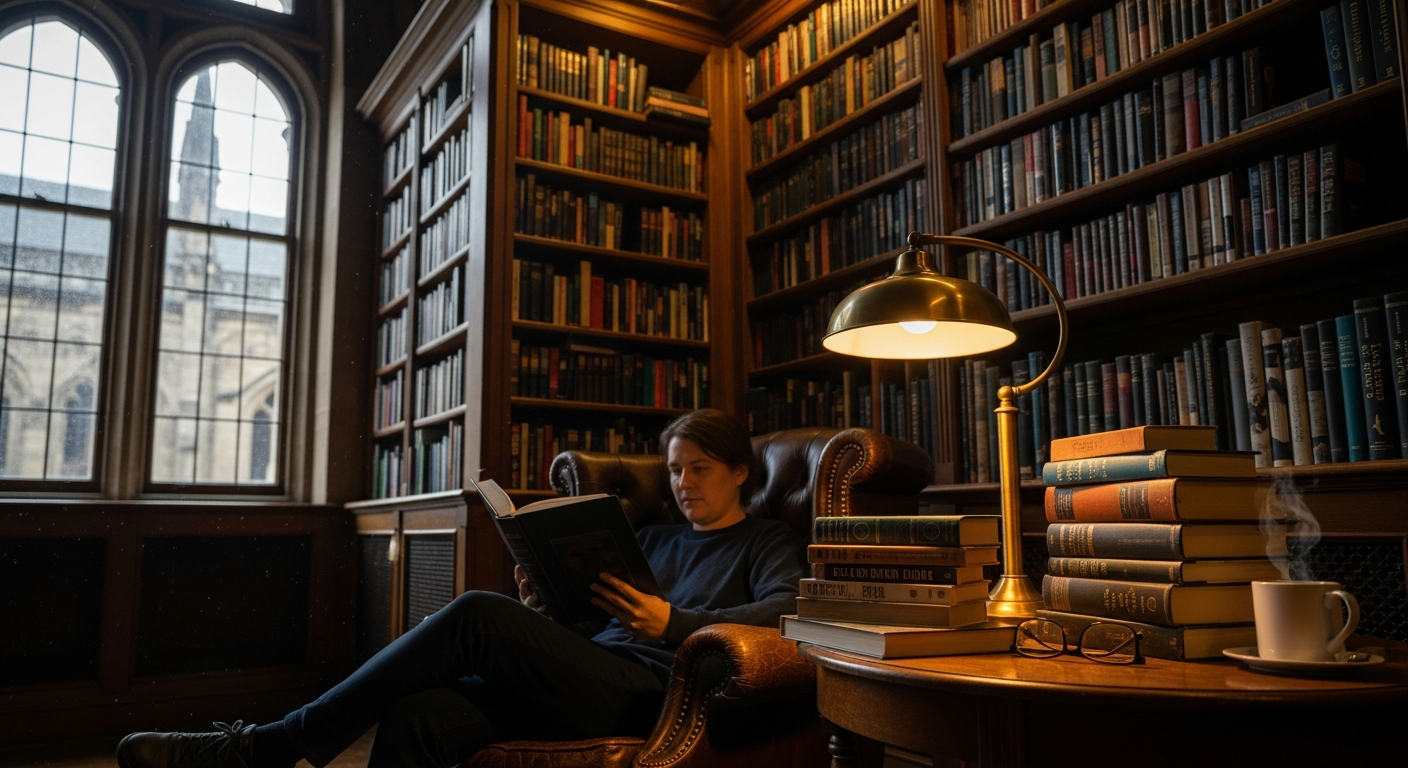Delving into the Resurgence of Classical Literature in Modern Cinema
Introduction: In this era of CGI spectacles and superhero franchises, an unexpected trend has been steadily gaining momentum. Classical literature, with its timeless narratives and complex characters, is experiencing a resurgence on the silver screen. Let's dive into this fascinating intersection of old and new, exploring why these age-old stories are making a cinematic comeback.

Classical Literature and Cinema: A Historical Overview
The relationship between classical literature and cinema has a storied history. In the early days of film, filmmakers often turned to classic novels, plays, and poems as source material. This practice provided ready-made narratives with established fan bases, reducing the risks associated with original screenwriting. However, as the film industry evolved, original screenplays became the norm, and adaptations of classic texts fell out of favor.
The Rise of the Cinematic Revival
In the last decade, a new trend has come into focus. Classical literature has been finding its way back into cinemas, with a plethora of adaptations hitting the big screens. This revival spans a range of genres, from the sweeping romances of Jane Austen’s novels to the dystopian worlds of George Orwell’s works. The trend also includes a renewed interest in Shakespearean dramas, with films like “Macbeth” and “King Lear” earning critical acclaim.
Why the Revival: A Blend of Nostalgia and Innovation
This resurgence of classical literature in modern cinema can be attributed to various factors. One is the allure of nostalgia. In a world increasingly dominated by technology, there’s a growing desire to reconnect with the past. Classical literature, with its timeless themes and enduring characters, provides a conduit to this bygone era. Additionally, these adaptations offer filmmakers an opportunity to reinterpret these stories through a contemporary lens, infusing them with new layers of meaning.
The Impact: A New Lease on Life for Age-Old Tales
The impact of this trend extends beyond the box office. These adaptations are breathing new life into age-old tales, introducing them to younger generations who might not have encountered them otherwise. Additionally, they’re sparking renewed interest in the original texts, with book sales often spiking following a successful film adaptation.
The Future: From the Page to the Silver Screen
Considering the success of recent adaptations, it’s likely that this trend will continue. Filmmakers are already eyeing other literary classics for future projects. As this trend evolves, it will be interesting to see how the cinematic medium continues to reshape these timeless narratives. Will they remain faithful to the original texts or will they diverge, creating entirely new interpretations? Only time will tell.
In this era of cinematic reboots and sequels, the resurgence of classical literature provides a welcome respite. By bridging the gap between past and present, these adaptations offer audiences a unique blend of familiarity and novelty. Through their timeless narratives and fascinating characters, these age-old tales continue to captivate audiences, proving that good stories, much like classic literature itself, never go out of style.






